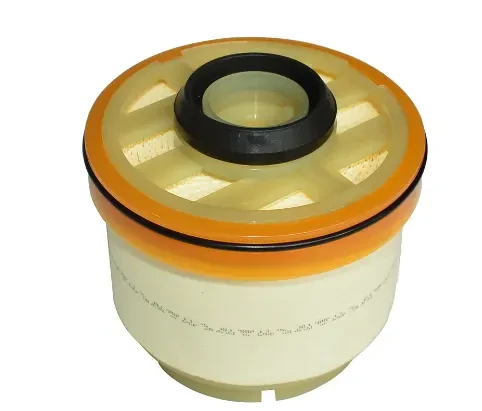Aug . 16, 2024 10:10 Back to list
High-Quality Cabin Air Filters for Enhanced Vehicle Comfort and Performance
The Importance of Bosch Cabin Air Filters for Vehicle Comfort and Health
In the fast-paced world of modern transportation, ensuring a clean and comfortable environment inside a vehicle is of paramount importance. One of the essential components that contribute to this vehicle comfort is the cabin air filter. Among various brands, Bosch has established itself as a leader in the automotive industry, particularly when it comes to cabin air filters. This article delves into the significance of Bosch cabin air filters, how they work, and why regular maintenance is crucial for vehicle owners.
What is a Cabin Air Filter?
A cabin air filter is designed to purify the air that enters the vehicle's interior through the heating, ventilation, and air conditioning (HVAC) system. These filters trap pollutants, allergens, dust, and other particulate matter, ensuring that the air we breathe inside our cars remains clean. Given that many people spend considerable time in their vehicles, a high-quality cabin air filter like the Bosch option can enhance the driving experience significantly.
The Functionality of Bosch Cabin Air Filters
Bosch cabin air filters are engineered using advanced filtration technology, ensuring superior performance. They are constructed from high-quality materials that can capture a wide range of airborne contaminants. Depending on the specific model, these filters can efficiently trap pollen, mold spores, dust, soot, and even exhaust gases, contributing to improved air quality inside the vehicle.
One of the standout features of Bosch cabin air filters is the use of activated carbon. This unique material not only captures particles but also absorbs odors and harmful gases, such as volatile organic compounds (VOCs) that can be present in vehicle interiors. By integrating this technology, Bosch ensures an added layer of protection for you and your passengers, making every journey more pleasant and health-conscious.
bosch cabin air filter

Health Benefits
Poor air quality can lead to a variety of health issues, including allergies, respiratory problems, and fatigue—issues that can significantly impact driver alertness and passenger comfort. By utilizing a Bosch cabin air filter, vehicle owners can vastly improve the quality of air circulating within their vehicles, reducing the likelihood of these health complications. Especially for individuals with asthma or other respiratory conditions, having a reliable cabin air filter can be a game changer.
The Need for Regular Maintenance
Just like any other component of your vehicle, cabin air filters require regular maintenance to function effectively. Bosch recommends changing the cabin air filter every 12,000 to 15,000 miles or at least once a year, depending on driving conditions and the environment. Factors such as driving in heavily polluted areas or frequently using the vehicle in urban environments can accelerate the need for replacement.
Failing to change the cabin air filter in a timely manner can lead to a buildup of dirt and debris, compromising the filter's efficiency. This not only affects air quality but can also put additional strain on the vehicle’s HVAC system, potentially leading to costly repairs.
Conclusion
In conclusion, the Bosch cabin air filter is more than just a simple component; it plays a critical role in maintaining a clean and comfortable environment inside your vehicle. With its advanced filtration capabilities, including activated carbon technology, Bosch filters effectively reduce pollutants and odors, enhancing the overall driving experience. Regular maintenance and timely replacement are essential to optimize the filter’s performance and ensure health benefits for you and your passengers. For anyone seeking to improve their vehicle's air quality, investing in a Bosch cabin air filter is a decision that is sure to pay off.
-
Toyota Corolla Hatchback Cabin Air Filter – High Efficiency & Easy Installation
NewsJul.08,2025
-
Premium Canister Fuel Filter Supplier High Quality Oil Filtration Solutions
NewsJul.08,2025
-
Premium Car Filter Oil Solutions Leading Car Oil Filter Exporter Hyundai Car Oil Filter Exporters
NewsJul.08,2025
-
Buy 17x21x1 Air Filter – Improve Air Quality & HVAC Efficiency Affordable Air & Cabin Air Filter Cost
NewsJul.07,2025
-
High-Performance Filter Element Fuel – Durable, Efficient & Cost-Effective Solutions
NewsJul.07,2025
-
High-Quality Engine Filter and Cabin Filter for Superior Airflow Affordable Cabin and Engine Air Filter Cost
NewsJul.07,2025


